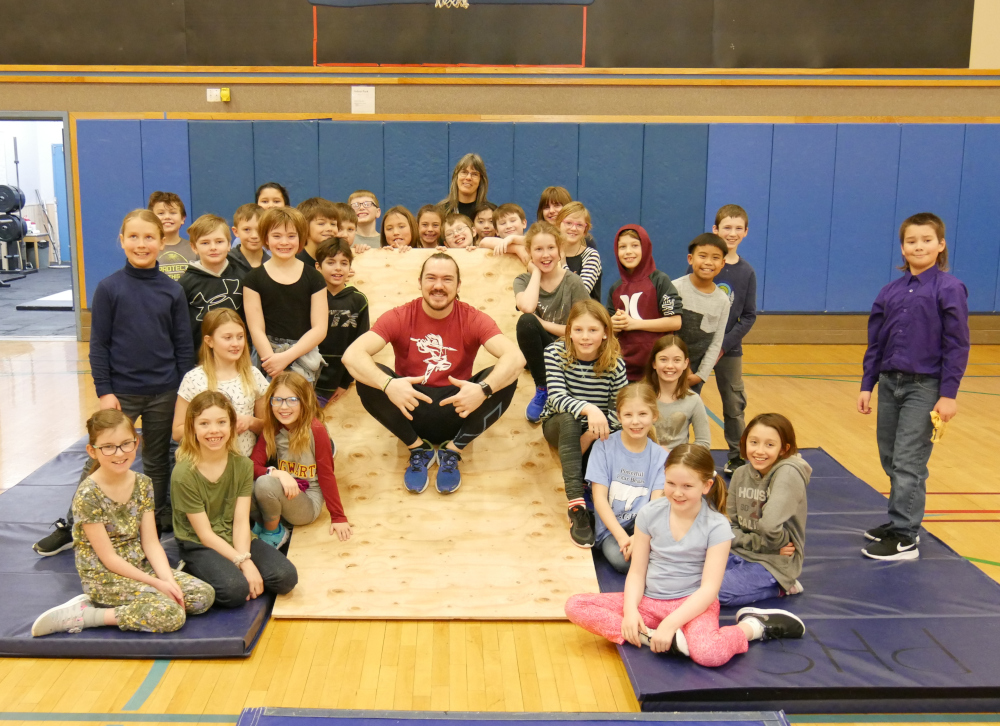
In a year dominated by news of the coronavirus pandemic, there were many other news stories in Petersburg. It was a year of some major milestones and devastating losses. Here are a few of the stories that didn’t fall through the cracks in 2020:
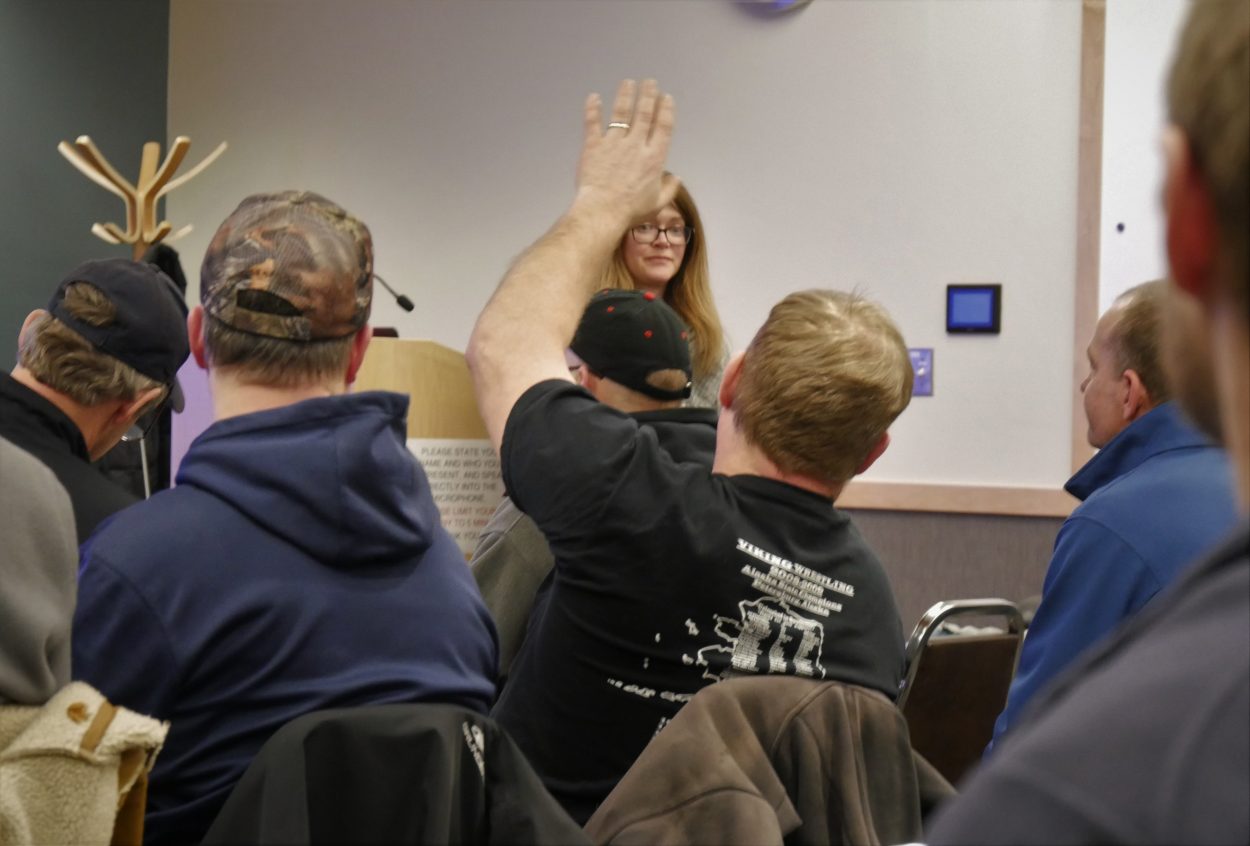
The year started off with a hearing in Petersburg about critical habitat for threatened and endangered humpback whales. Commercial fishermen were united in seeking to exempt Southeast Alaska from that designation required under the Endangered Species Act. A final rule on that is due out at the start of 2021.
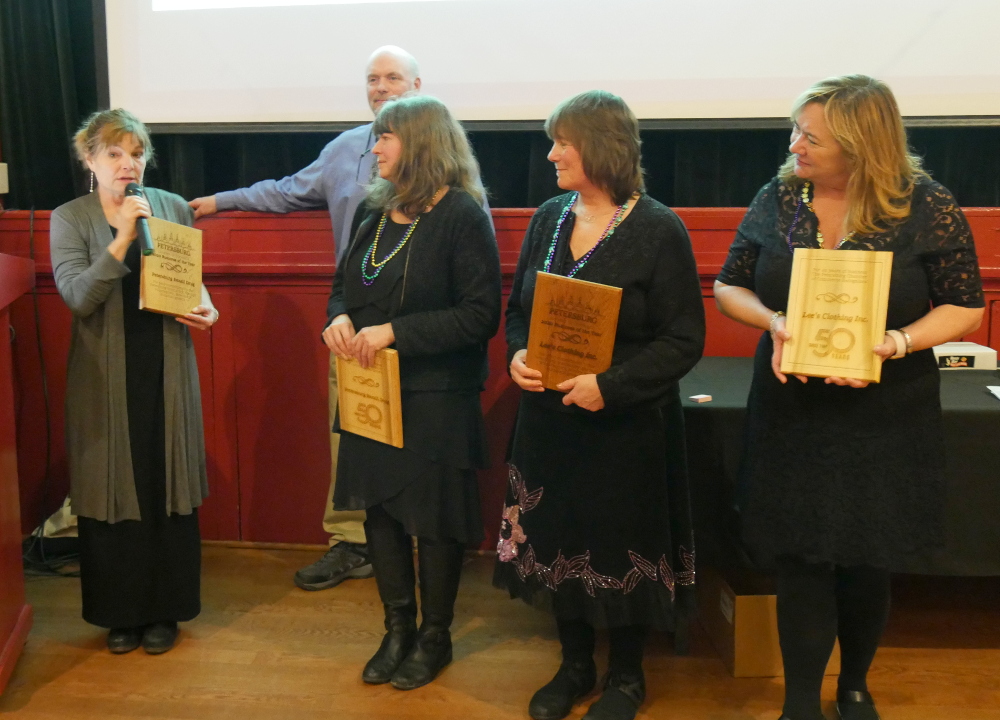
An ongoing local debate throughout the entire year was over the need for the state’s road project on Kupreanof Island near Kake. The state paid a portion of the 40 million dollars earmarked for the Kake Access Project to recondition existing forest roads around Portage Bay. Meanwhile the project still awaits U.S. Army Corps of Engineers approval for the new segments of road and boat ramp proposed for near Twelvemile Creek and the Petersburg assembly has asked for a hearing on that.
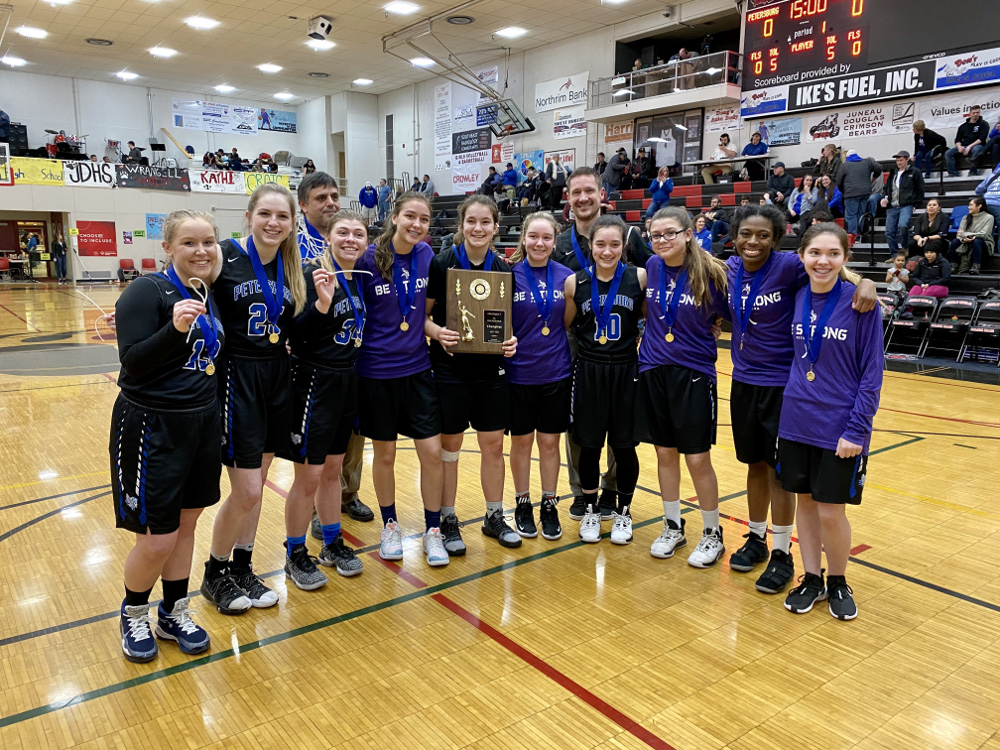
The first Alaskan to die after testing positive with COVID-19 was a Petersburg resident, Pete Erickson. He had been medevaced to Seattle in February with other serious health issues and is believed to have contracted the disease while there. By the end of 2020, the number of Alaskan deaths from the disease hit 200.
The pandemic meant the first time the community’s Little Norway Festival has been canceled, although some local residents found ways to mark the occasion anyway.
“If people all do some small part, we are still celebrating our Norwegian heritage here, just in new and different ways and you know hopefully next year we will come back swinging in our traditional celebrating ways,” said Mara Lutomski, the outgoing director of the chamber of commerce.
On June 1st two of the seafood processing companies that have traditionally operated here Ocean Beauty and Icicle Seafoods merged wild salmon and groundfish operations. The new company is called OBI Seafoods.
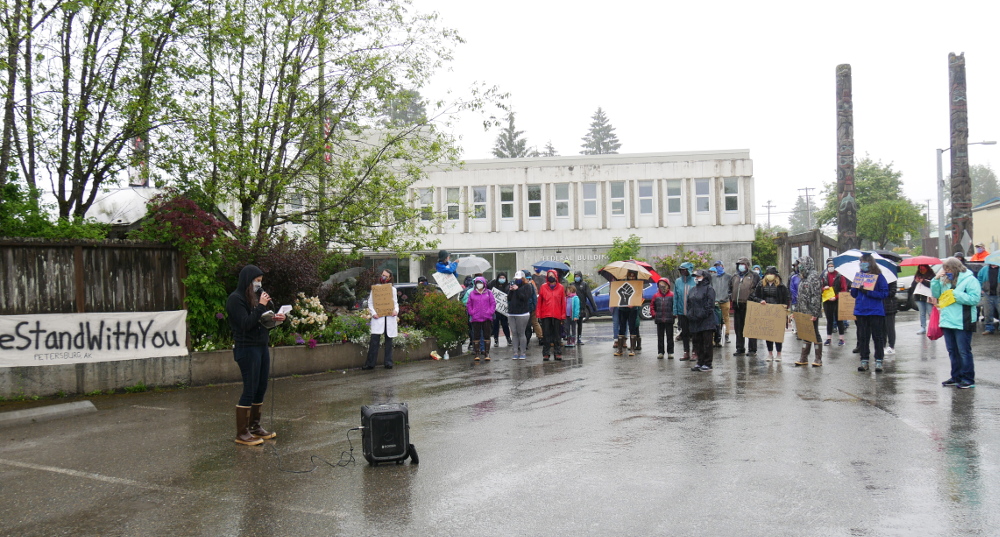
The year saw some big highs and even bigger lows.
One July 4th, 109 years to the day after her birth in Petersburg, organizers unveiled a new mural honoring Alaska Native civil rights leader Elizabeth Peratrovich.
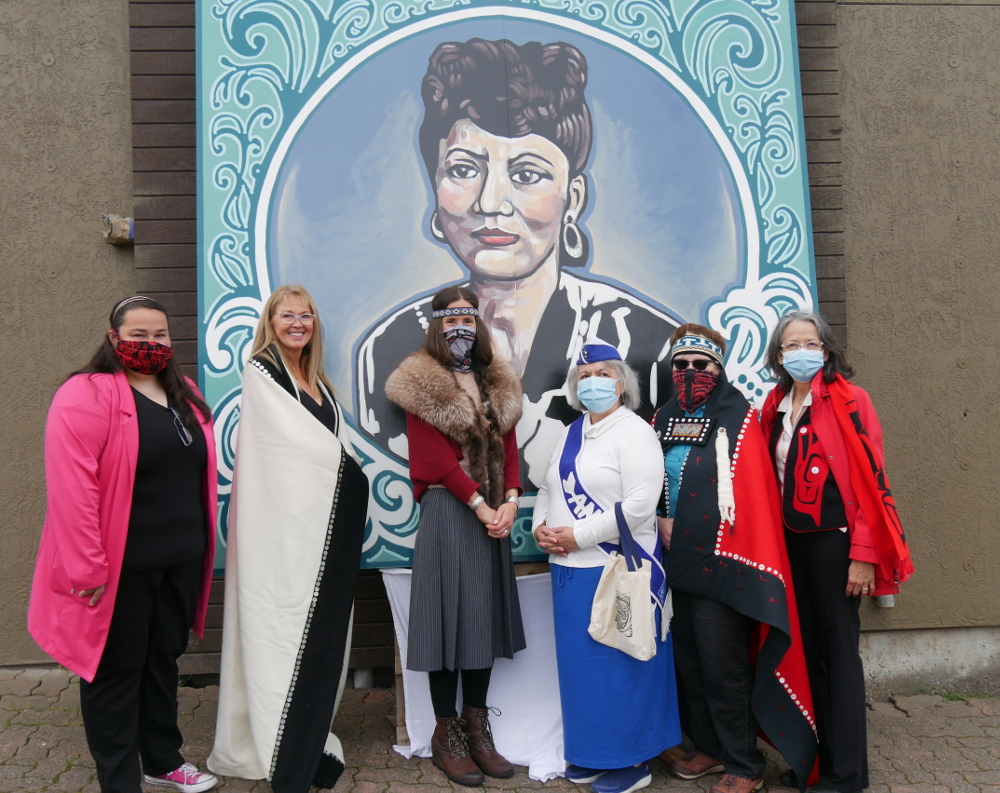
“I’m very proud today to stand before you with this beautiful mural that was done with love and respect for a lady who fought for our civil rights in the beginning and she fought for the children to get better education. She fought for Native people to have better homes, better jobs, all those things that we are still fighting for to this very day, not to the same degree but the fight still goes on. And I’m very proud to be a part of that organization that her father Andrew Wanamaker founded,” said Barbara Erickson, president of the local chapter of the Alaska Native Sisterhood.
Later that month four people were killed in a vehicle wreck off Mitkof Highway on the south end of the island.
It was a dismal fishing season for salmon in Southeast, with some of the lowest returns in decades combined with historically low prices. Multiple communities are asking for a disaster declaration.
Processors took measures to keep the seafood workforce safe from the coronavirus and limit the chance of COVID-19 spread into the community or from the community into the workforce.
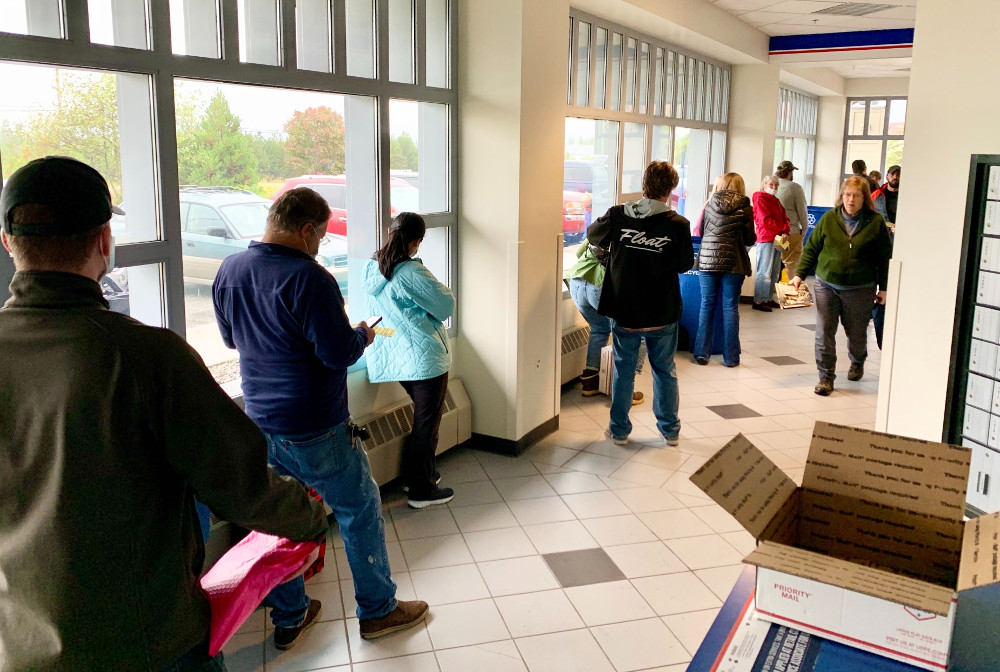
The community saw its rainiest summer on record, with nearly 32 inches recorded in June, June and August. Short staffing led to long lines forming at Petersburg’s Post Office during the summer and fall.
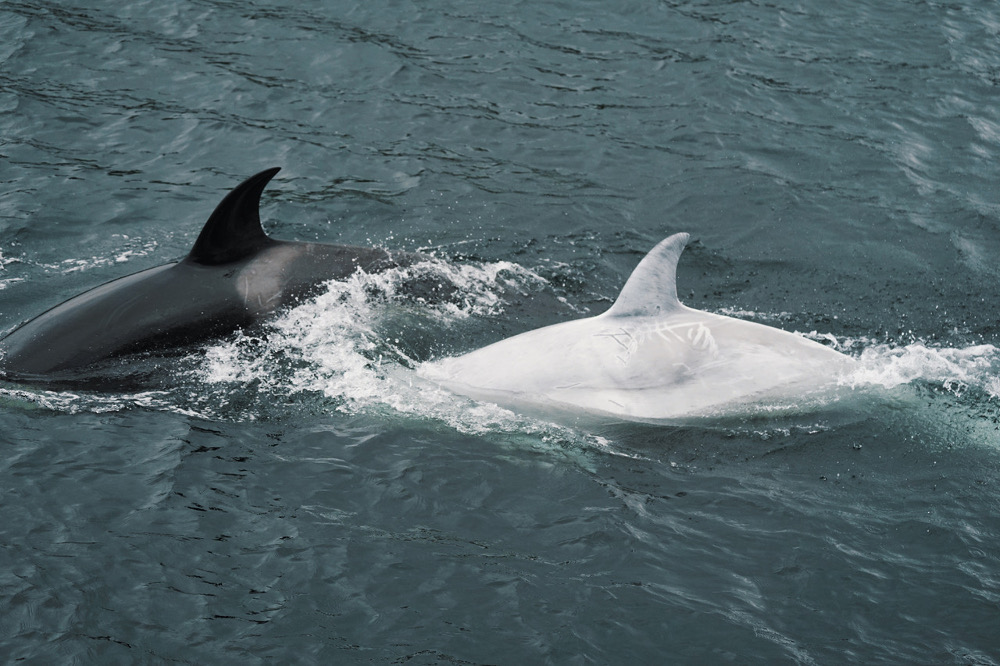
A rare white orca was photographed in the area in August and Mitkof Middle School was named a blue ribbon school in September. Now all three Petersburg schools have that nationwide honor.
The debate over local health restrictions played out for hours in front of Petersburg’s borough assembly.
“You know you say that life isn’t going to change, it’s disrupted everything. It’s disrupted our churches, it’s disrupted our work, our businesses. It’s disrupted our families. You know, this goes on and on and on. Who’s going to say, OK the pandemic’s over?” wondered local resident Rob Schwartz.
Ultimately the assembly passed a revision and expansion of the municipality’s local law on responding to emergencies.
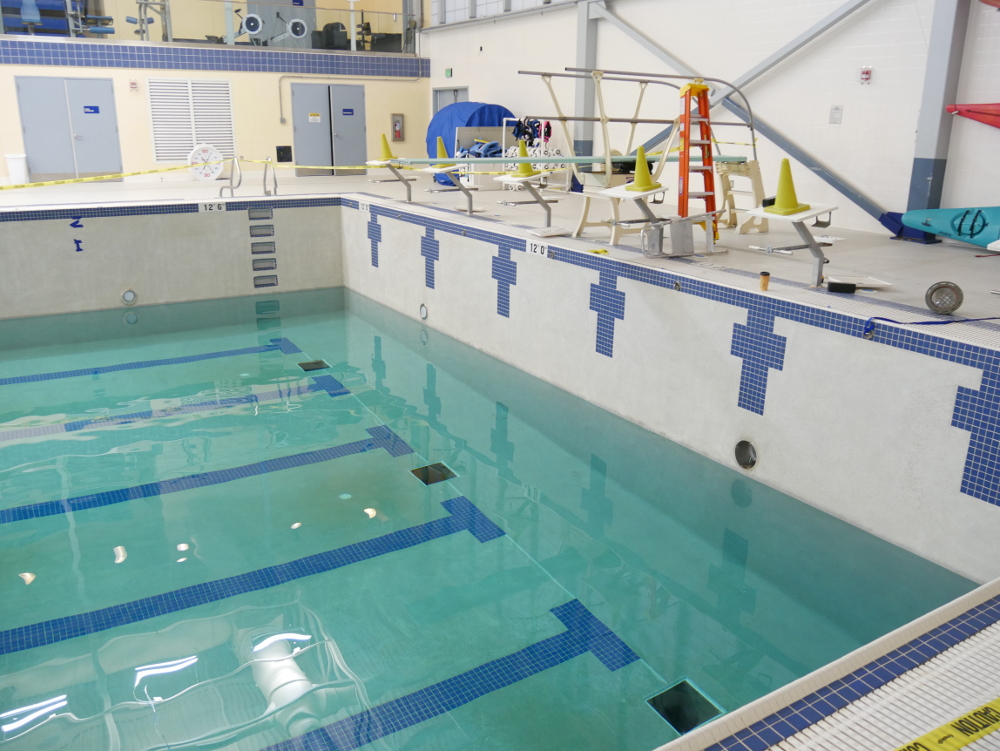
The year also saw long closures of the community pool, during the winter from a leak and other heating and ventilation problems, during the spring and summer with the pandemic, and during the fall following an electrical fire.
Black bears kept local residents on their toes this summer and fall as they prowled local neighborhoods looking for garbage and other easy meals during a year with a poor berry crop and low fish returns.
In October, the Trump administration announced a rollback of the Clinton-era Roadless Rule in Alaska. The decision will open up new areas to logging and road building on the nearly 17 million acre Tongass National Forest. That decision is already being challenged in court. Meanwhile a court decision will mean more review of Tongass timber sales proposed for Prince of Wales Island and the Petersburg area.
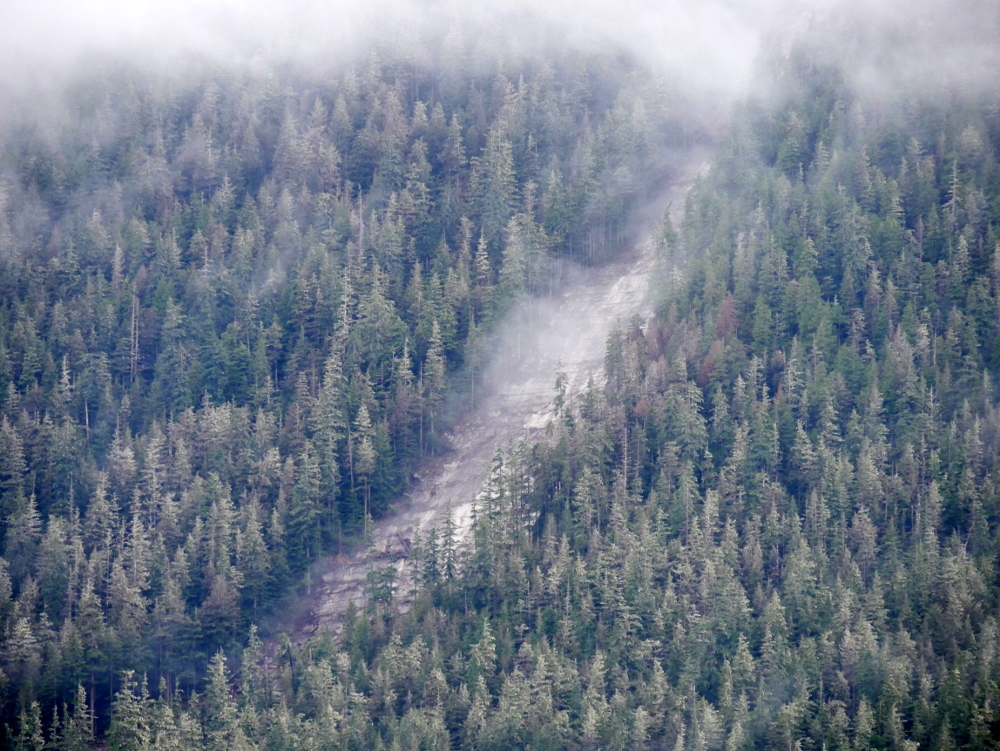
The year closed out with more rainfall records falling in December, a hunting trip visit by the president’s son and the first COVID vaccines going out in the community.












